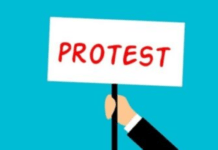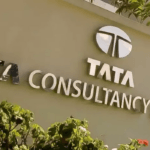Although cities such as Delhi, Bengaluru, and Mumbai were hardly affected, the central trade unions claim that the nationwide strike called by them was a huge success. This was the 19th such strike since the first Bharat Bandh in 1991. As per the trade unions, more than about 200 million people participated in the strike.
Central trade unions had put forward a 12-point charter of demands, including a minimum wage of Rs 21,000 per month and more jobs. They have also been protesting the policies promoting contractualisation of the workforce and privatisation of profit-making public-sector units, among other things. They wish to discuss labour reforms and a universal pension system.
With train services being blocked in Bengal, there were several violent incidents and acts of vandalism across the state. Normal life was also affected in Kerala where banking services and transport services were hit. Schools and colleges were also shut and examinations were postponed in three major universities.
The strike affected normal life in Punjab, Himachal Pradesh, Madhya Pradesh, Maharashtra, Odisha, Rajasthan, Tamil Nadu and Tripura too. Mixed response was seen in Bihar and Jharkhand.
Over Rs 22,000 crore worth of bank transactions were affected across the country because the strike saw huge participation from about 10 unions belonging to the banking and insurance sectors and about 500,000 bank officials.
With several ATMs being rendered non-functional, it was impossible for the public to deposit or withdraw cash. It is reported that about 28 lakh cheques worth approx. Rs 21,500 failed to get cleared.
Value our content... contribute towards our growth. Even a small contribution a month would be of great help for us.
Since eight years, we have been serving the industry through daily news and stories. Our content is free for all and we plan to keep it that way.
Support HRKatha. Pay Here (All it takes is a minute)



































